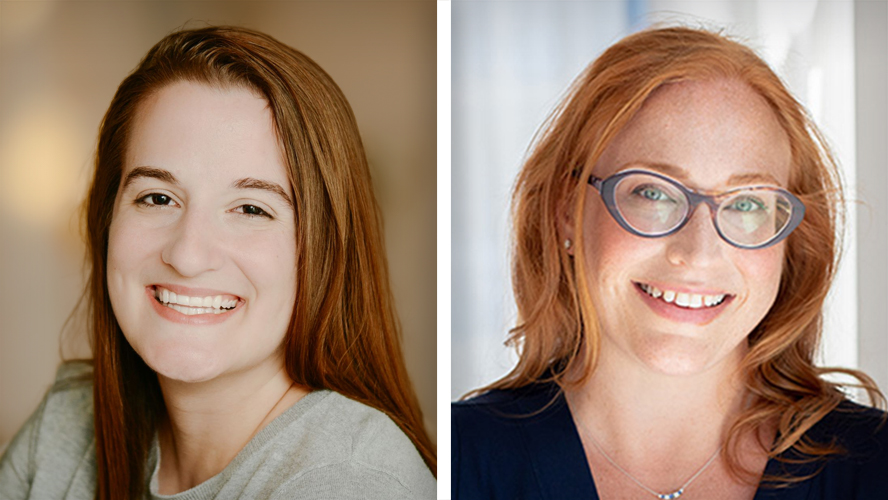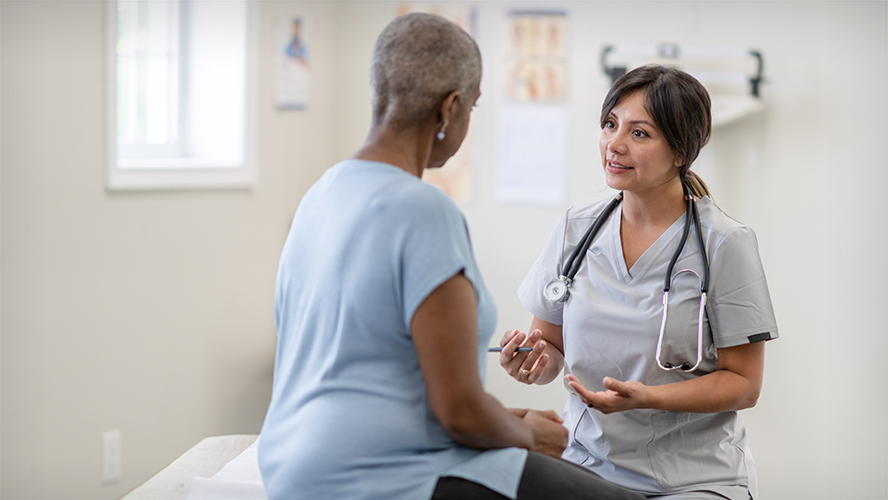
When a patient is diagnosed with cancer, the family physician is often the first line of support that plays many vital roles in the patient’s care journey. However, many family physicians feel ill-prepared due to inadequate oncology education and care training, according to a recent study from The Institute for Education Research (TIER) at UHN.
Dr. Marissa Sherwood, first author on the study and a radiation oncology resident at the Princess Margaret Cancer Centre, interviewed 13 family physicians and asked them to reflect on their sense of preparation for cancer diagnosis and care, supplemental learning and previous cancer patient care experiences. Through these interviews, the researchers uncovered three main themes relating to the training needs and perceptions of the participants: lack of defined roles, inadequate oncology knowledge and education and the importance of palliative care experience.
Reflecting on the journey from diagnosis to treatment, participants expressed difficulty navigating the complex cancer care system often due to a lack of connections with specialists and other care providers. This challenge left them feeling uncertain about their roles and ability to contribute to patient care.
Participants also expressed frustration because they found that their existing medical training and knowledge of cancer care lacked relevancy and applicability in their daily practice. This disconnect can hinder a family physician’s ability to provide accurate and effective care to patients.
Further, it was revealed that a physician’s experience in palliative care was a potential opportunity for learning cancer care pathways, developing oncology skills and connecting with oncology specialists.
“As the field of cancer care continues to evolve, it’s essential that we adapt the education and support we provide to family physicians,” concludes Dr. Sherwood “By reshaping oncology education, we can empower family physicians to provide more optimal care for cancer patients and improve patient outcomes.”
This work was supported by UHN Foundation. Dr. Meredith Giuliani is an Associate Professor within the Department of Radiation Oncology at the University of Toronto and is also the Associate Dean of Postgraduate Medical Education.
Dr. Meredith Giuliani has served on ad boards at AstraZeneca and Bristol Myers Squibb. Marissa Sherwood was awarded a READS grant from the American Association of Cancer Education.
Sherwood M, Papadakos J, Kulasegaram K, Martimianakis MA, Kucharski E, Giuliani M. Exploring Family Physician Training Needs to Improve Cancer Patient Care. J Cancer Educ. 2023 Jul 14. doi: 10.1007/s13187-023-02339-z. Epub ahead of print.

In a cancer patient’s care journey, a family physician is often involved in various stages including, screening, cancer prevention, follow-up, primary support and communication with specialists.




